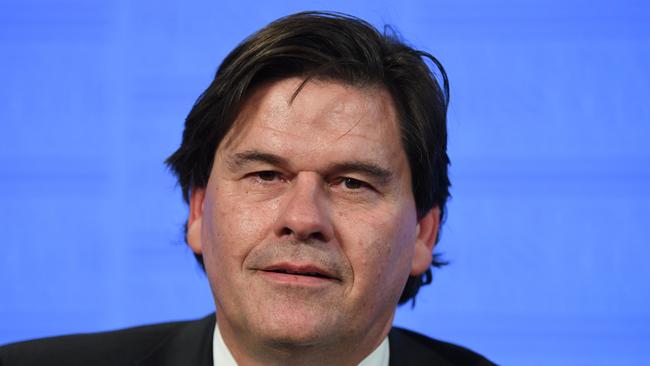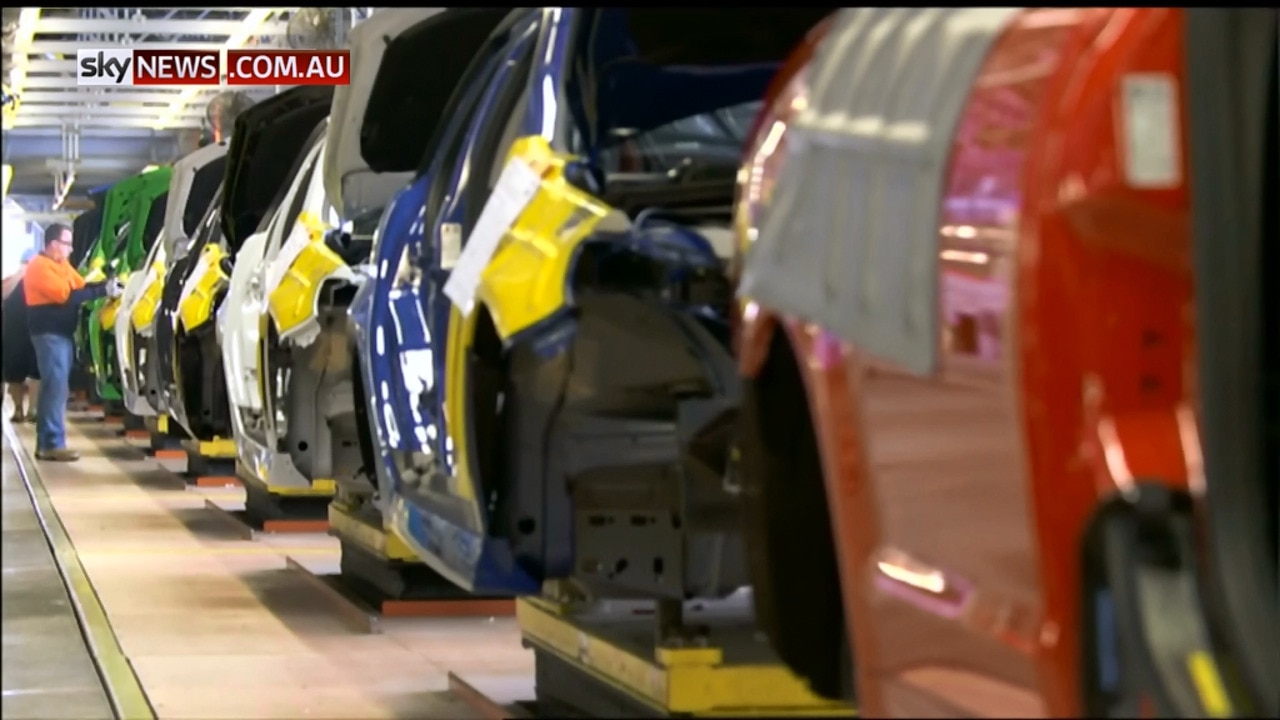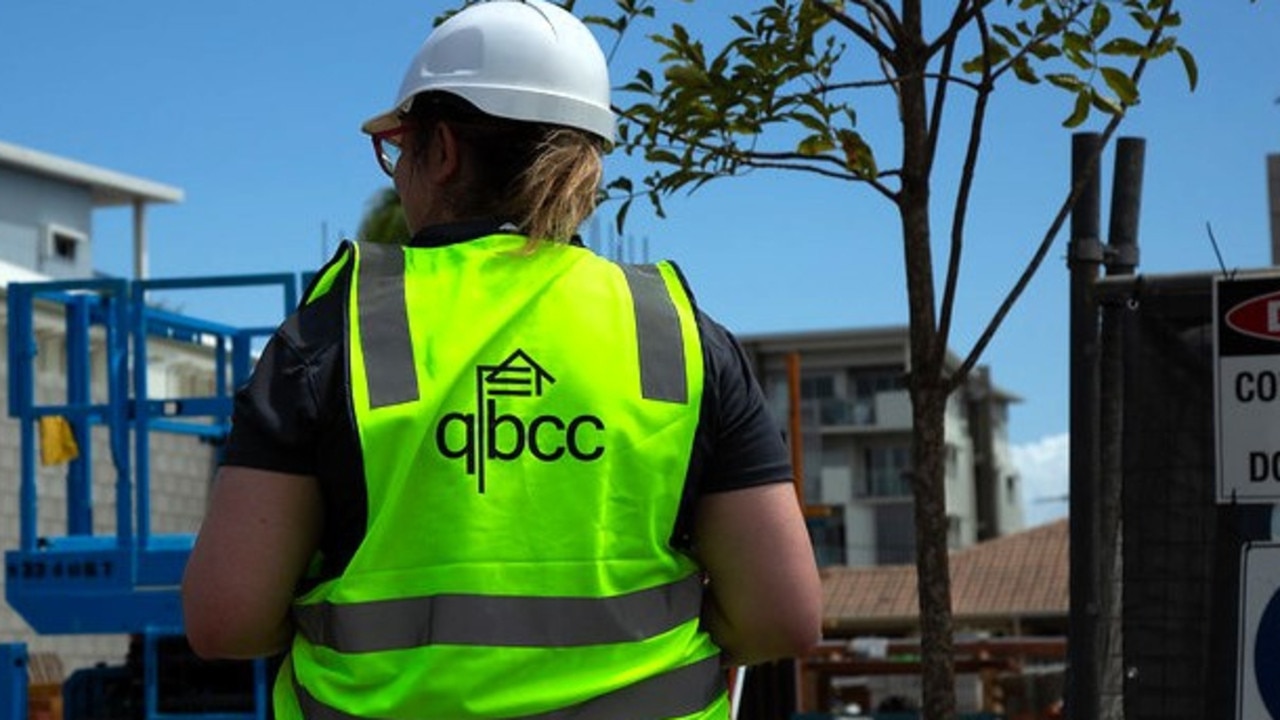Australian Industry Group index: Death of Australian manufacturing industry exaggerated
WITH the Australian manufacturing industry recording its 15th consecutive month of growth, experts say reports of the death of the sector are greatly exaggerated.
QLD Business
Don't miss out on the headlines from QLD Business. Followed categories will be added to My News.
AUSTRALIAN manufacturing has recorded its 15th consecutive month of growth as the industry reinvents itself for the 21st Century.
The latest results of the Australian Industry Group’s performance of manufacturing index, released yesterday are further evidence that reports of the death of the sector have been exaggerated.
“December marked the 15th consecutive month of expanding or stable conditions in the manufacturing sector and adds to the confidence and momentum that has been building over the past year,” AI Group chief executive Innes Willox said.
The sector has now been expanding or stable in all but two months since July 2015 – the longest growth run since 2005.
Mr Willox said the achievement was all the more impressive as it came in the face of the country’s car assembly industry closing and despite high energy costs.

Manufacturing’s traditional image of men in overalls in workshops making and assembling metal components is increasing giving way to a mixed gender workforce just as likely to be wearing white dustproof suits in lab settings.
Moving forward the focus will be on high-value advanced manufacturing, METS (mining equipment, technology and services), aerospace capability and the fast-growing food-processing sector. And Queensland is positioning itself as a capital for drones and robotics development.
“Our manufacturers have a growing reputation for producing high-quality products requiring particular skills and expertise,” AI Group Queensland head Shane Rodgers said.
“As we enter into a new era of digital technology, automation, 3D printing and the so-called ‘internet of thing’, Queensland is well-placed to develop and attract forward-thinking companies who can transform the economy.
“They are quickly evolving from old-world factories to modern, high-technology, research-oriented operations that are competitive and focused on exporting,” Mr Rodgers said.
Queensland’s strong record of innovation in the resources industry has helped the state develop a $7 billion-a-year mining equipment, technology and services sector, supporting about 800 companies.
Brisbane is the base for METS Ignited – one of six growth industry centres around the country – with $20 million funding over four years from the federal and state governments. METS Ignited general manager Dr Ian Dover said their aim was to double the sector and a 10-year ‘road map’ for growth has been developed.
“We are absolutely optimistic and ambitious,” he said.

Cameron Dick, who has taken on the newly-created Manufacturing portfolio in the Palaszczuk Government, said: “Our world-class METS sector already employs 19,500 people and contributes $7 billion to the state economy. I want to see it grow and benefit from the lucrative opportunities in the global market.”
A Queensland Productivity Commission report last July pointed out that despite manufacturing’s share of the state’s economic activity almost halving since 1990, it remains “a strong and diverse sector”, generating $20 billion per year and employing 169,000 workers.
Queensland Economic Advocacy Solutions founder Nick Behrens said manufacturing had slipped from the state’s biggest industry to fourth. But he added: “Let there be no mistake – Queensland’s manufacturing sector has the significant potential to contribute to the continued growth and diversification of our economy.
“Innovation, advanced manufacturing, offshoring of tooling, tailoring to niche product requirements and meeting short time frames are the necessitated future of this sector.”

TAKING RISKS PAYS OFF
A WILLINGNESS to adapt and readiness to take a risk have transformed a small Brisbane mower blade producer into an international aerospace player.
Heat Treatment Australia is a family-owned firm, started in the 1970s by Max Tucker.
“We began as a traditional general manufacturing business,’’ his daughter Karen Stanton, now corporate & strategy director, said.
“About 10 to 15 years ago, manufacturing in Australia began to decline and business was going. So we started contemplating where we needed to diversify.”
The firm invested heavily in research and development, and machinery, to position itself to become part of the multinational Joint Strike Fighter program while maintaining cashflow from their existing work.

The Coopers Plains-based company makes heat-treated components for the fighter aircraft but has also sought “every opportunity available’’ to expand to other related clients in aerospace, high-performance vehicles including Formula 1 cars, and the renewable energy sector.
HTA opened a facility in Los Angeles about 18 months ago which, Ms Stanton said: “Is ridiculously exciting for an Australian company like ours’’.
It has given them access to the huge American aircraft industry – which favours US-based contractors – while developing the supply chain back home in Australia. Their expectation for growth is such that the LA base they opened is four times bigger than their current needs.
But Ms Stanton says Brisbane will always remain the base. “We are Australians – and not just Australians, but Queenslanders. We are a family business and will stay here.’’



